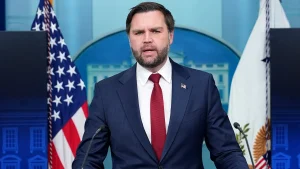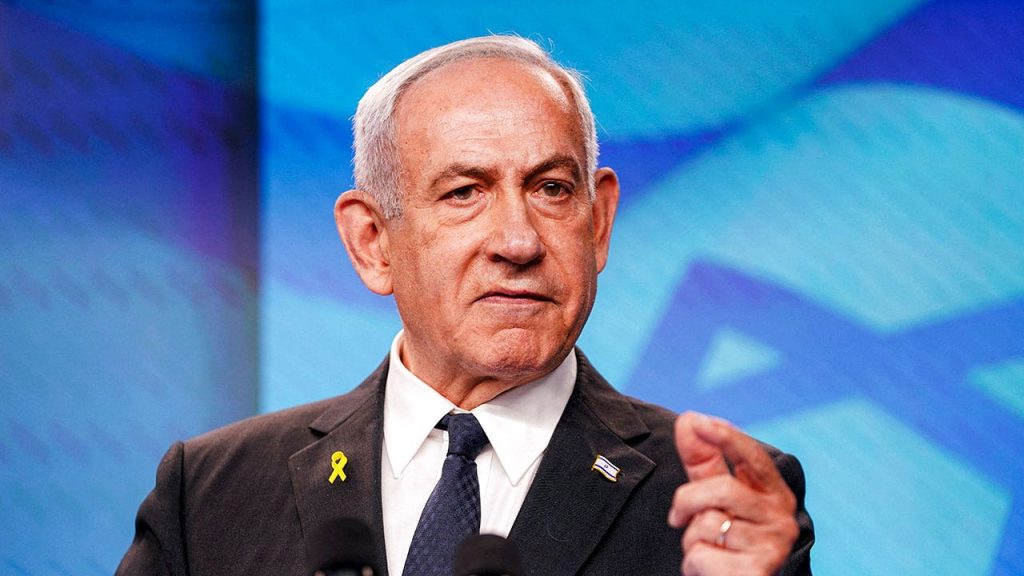Israel at a Crossroads: Two Years After October 7
Two years after the devastating Hamas attacks on Israel, the nation finds itself at a critical political juncture. What began as the deadliest day for the Jewish people since the Holocaust has evolved into a complex political crisis for Prime Minister Benjamin Netanyahu’s government. In a surprising political development, opposition leader Yair Lapid has extended a “security net” to Netanyahu, potentially keeping his fragile coalition afloat amid ongoing hostage negotiations with Hamas. “Nothing is more important than making this deal, bringing our hostages back home,” Lapid told Fox News Digital, highlighting how the pursuit of the remaining hostages has become a unifying national priority that transcends typical political divisions.
Netanyahu’s government has been weakened significantly in recent months. The coalition lost its majority in July when two ultra-Orthodox parties abandoned their ministerial posts after a military exemption for religious students expired. This political setback left Netanyahu’s coalition controlling just 50 of the 120 Knesset seats. Further complicating matters are the hardline right-wing members of his coalition, particularly National Security Minister Itamar Ben-Gvir and Finance Minister Bezalel Smotrich, who have repeatedly threatened to leave the government over Netanyahu’s acceptance of peace proposals. As Lapid explained, Netanyahu is now “totally dependent on the extreme alt-right within his government that says no to any deal [with Hamas],” creating a precarious situation where progress on hostage negotiations could trigger the collapse of his government.
Special elections appear increasingly likely once the Knesset returns from its autumn break on October 19. Lapid estimates these elections would occur in February or March 2025, slightly earlier than the originally scheduled October 2026 elections. The opposition leader believes Israelis are ready for a unity government that crosses traditional political lines, predicting that voters will favor a more centrist approach that prioritizes security while also working to end the war in Gaza and repair Israel’s international standing. “It’s going to cross political lines, and it’s going to be based on hope,” Lapid said of the political bloc he’s building. “I know it sounds like big words, but I’m telling you, it is what we need right now.”
One of Lapid’s strongest criticisms of Netanyahu’s government relates to its messaging about the Gaza conflict. “If there’s one thing I’m sorry about, [it] is the fact that nobody in the government has the political courage to stand up and say…this is a just war, we are doing what needs to be done in order to protect ourselves, but we are sorry for every child that loses his life,” he stated. “Children should not die in grownups’ wars.” This failure to balance security needs with expressions of humanitarian concern has, according to Lapid, fueled media bias and damaged international support for Israel, even among traditionally pro-Israel groups. “As Jews, as human beings, as people who believe in Judeo-Christian traditions and morality, it’s heartbreaking,” he added, emphasizing the moral complexity of the conflict.
Looking back to the immediate aftermath of the October 7 attacks, Lapid revealed a pivotal conversation with Netanyahu, in which he urged the formation of a unity government to face the unprecedented crisis. “I said, ‘Prime Minister, this is the worst day for the Jewish people since the Holocaust. What we need to do is form a unity government,'” Lapid recounted. He advised Netanyahu to “get rid of the extremists in your government” to create unity in the face of an unparalleled challenge. Netanyahu’s reluctance to pursue this path remains a source of regret for Lapid, who still believes it would have been the right approach to manage the crisis. This missed opportunity, in Lapid’s view, has contributed to the challenges Israel now faces both domestically and internationally.
The past two years have revealed fundamental vulnerabilities in Israeli society that now demand attention, according to Lapid. While acknowledging Netanyahu’s “admirable” resilience during his 15 years as prime minister, Lapid also suggested that Israel might benefit from term limits similar to those in the United States. The opposition leader characterized the upcoming election as potentially transformative, offering Israelis a chance to rebuild after what he described as “the hardest two years of everybody’s lifetime.” Lapid emphasized that the “fragility of Israeli society was tangible to us” during this crisis period, creating both challenges and opportunities for national renewal. As Israel marks this somber anniversary, the path forward remains uncertain, with the fate of remaining hostages, the continuing war in Gaza, and the future of Israeli politics all hanging in the balance.














